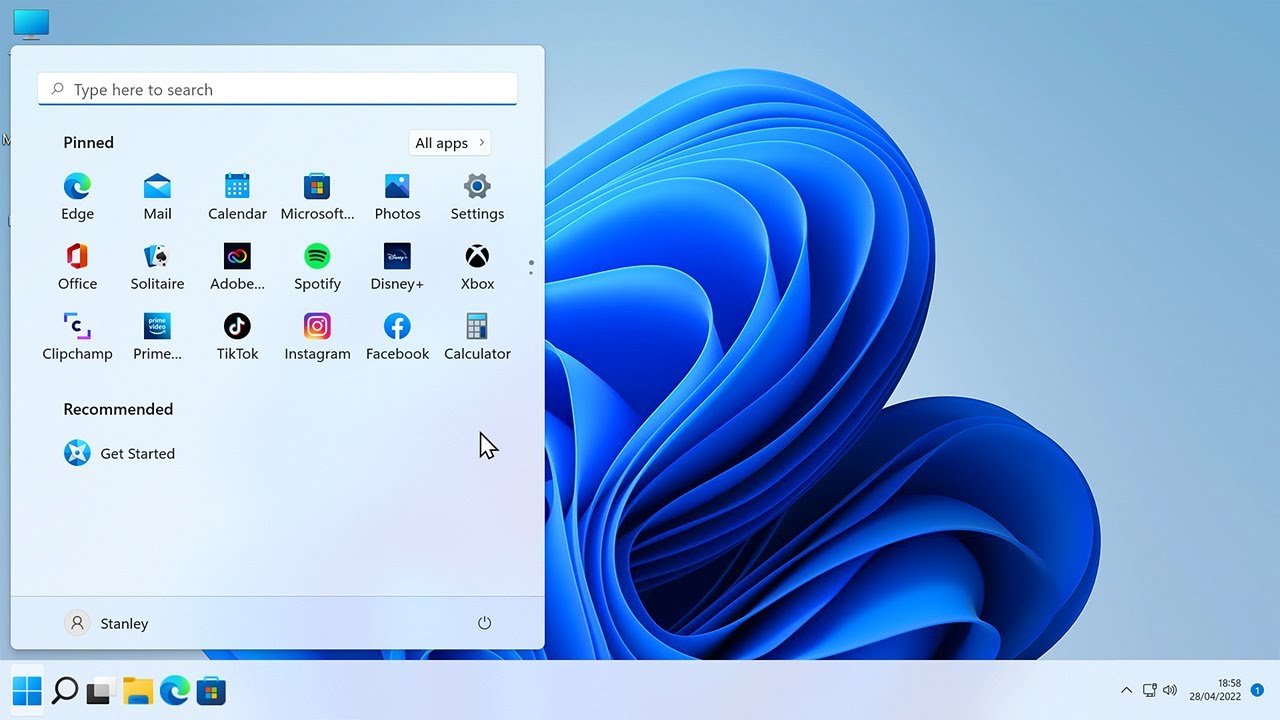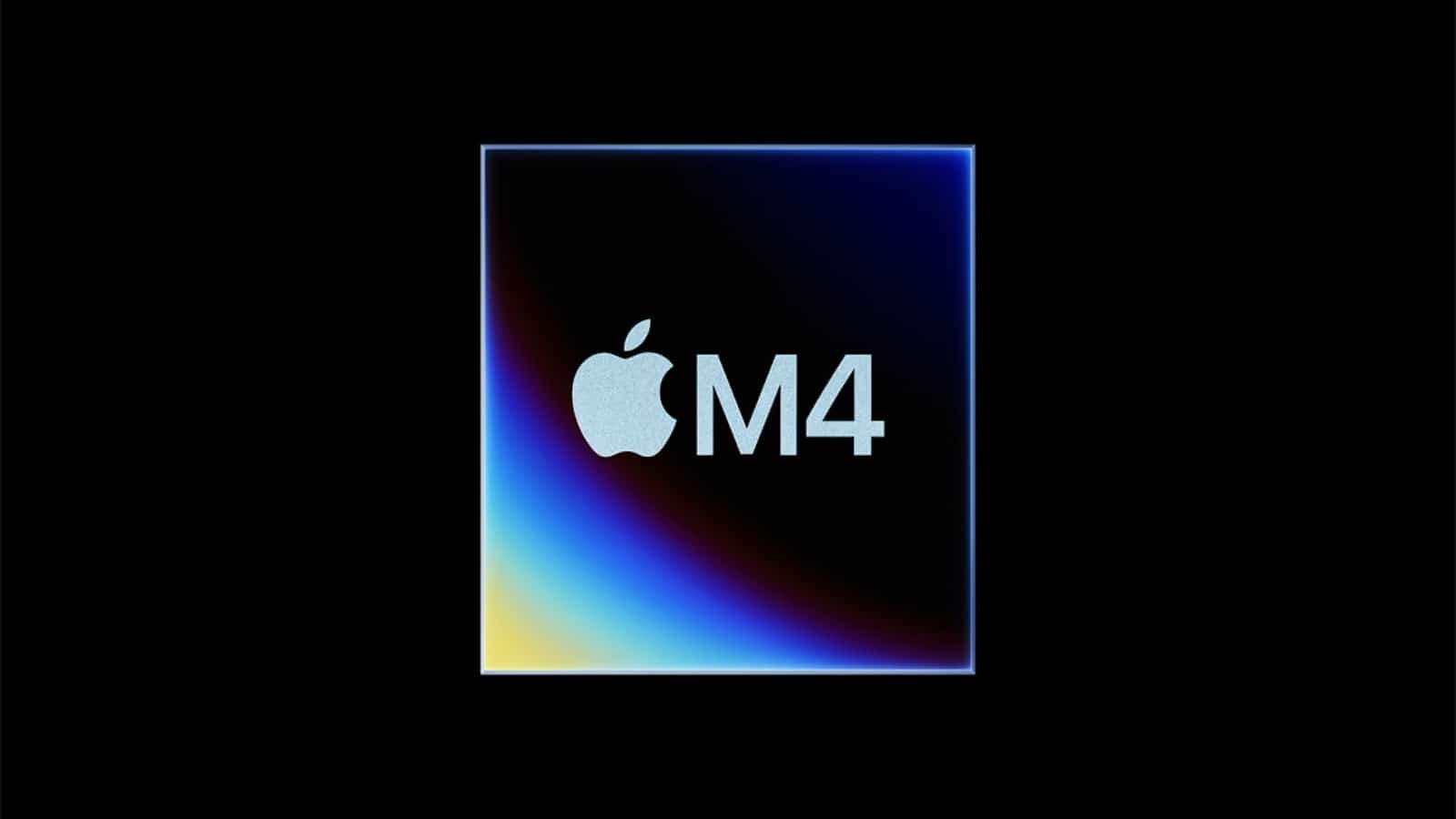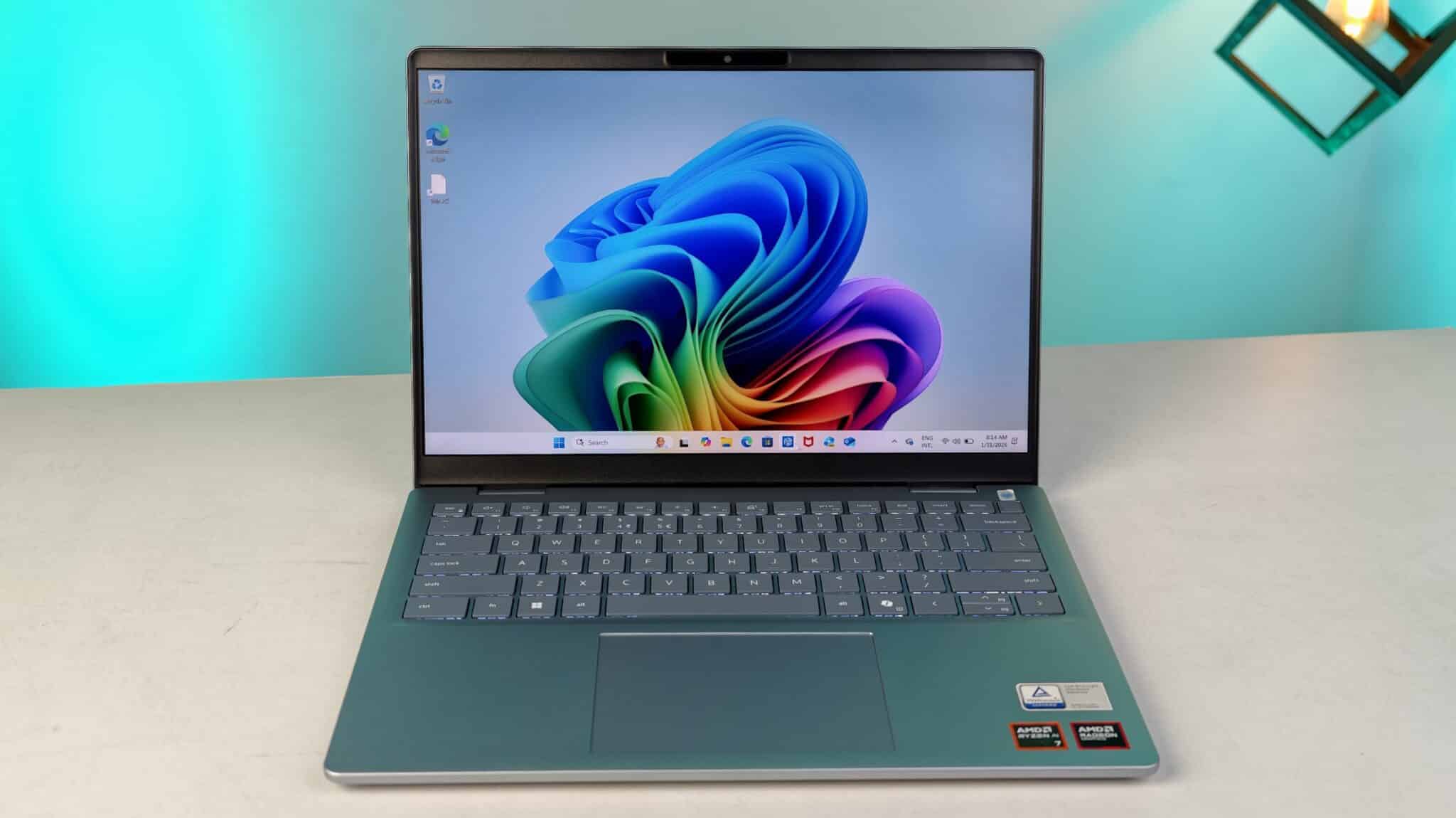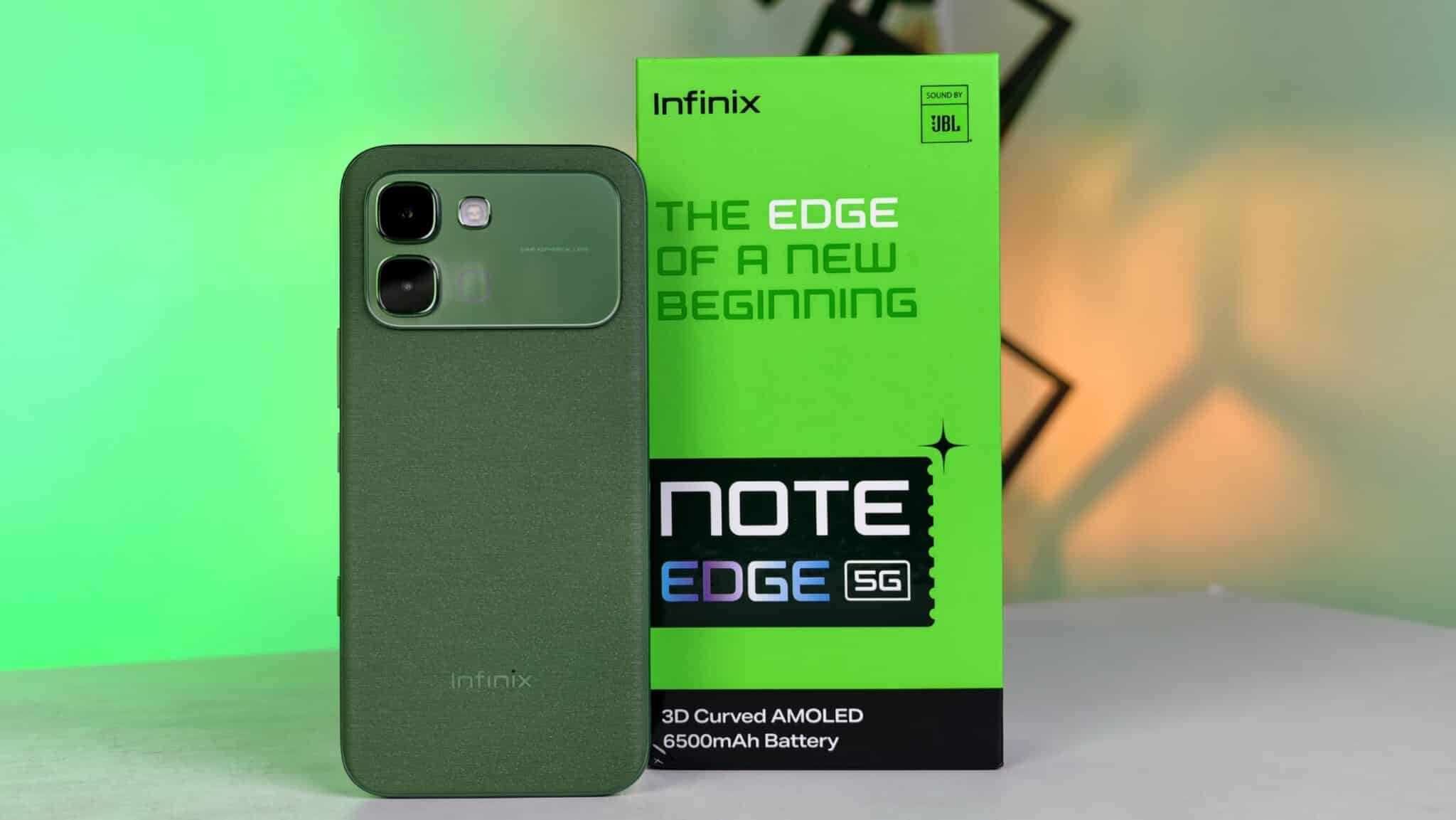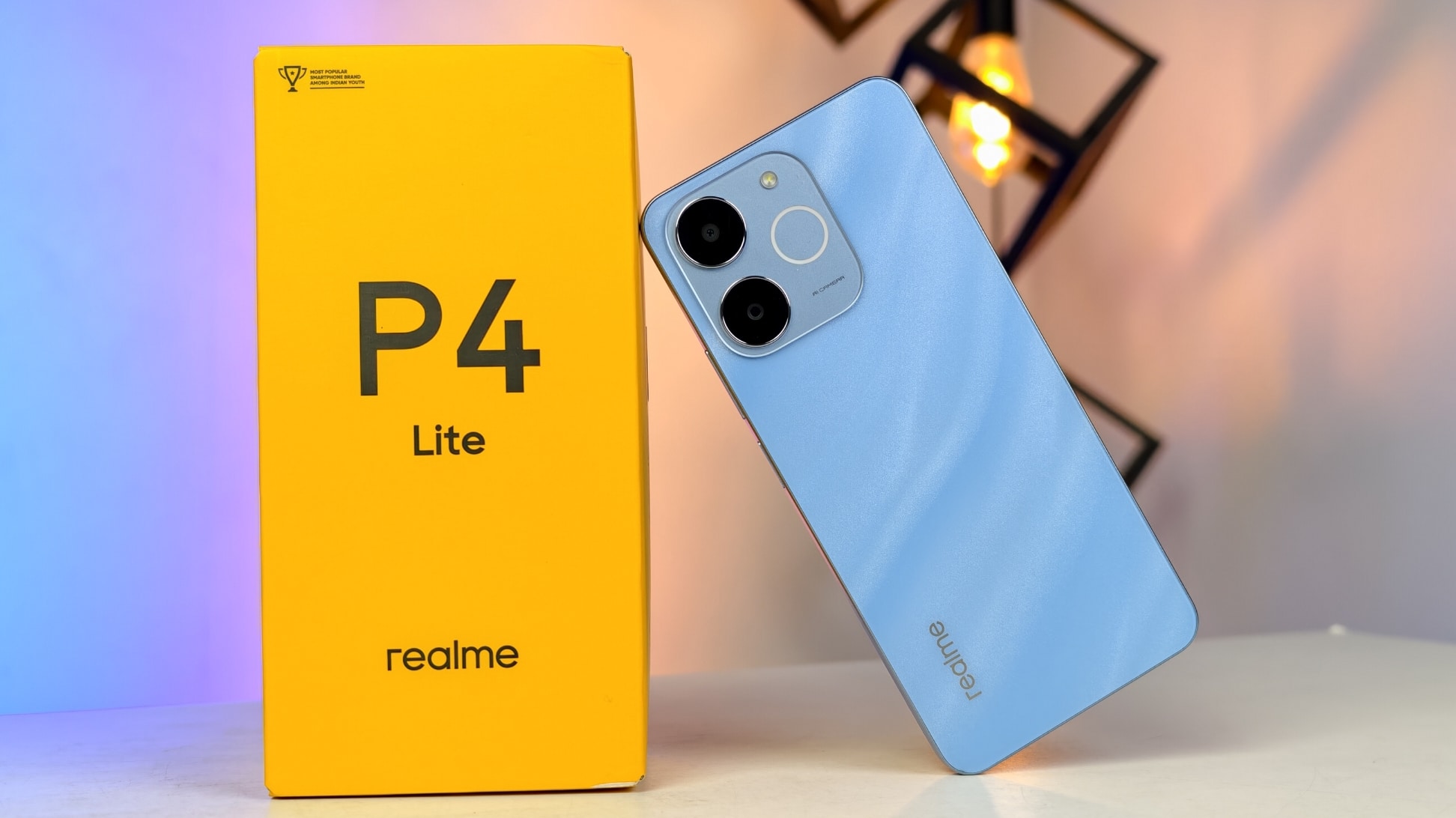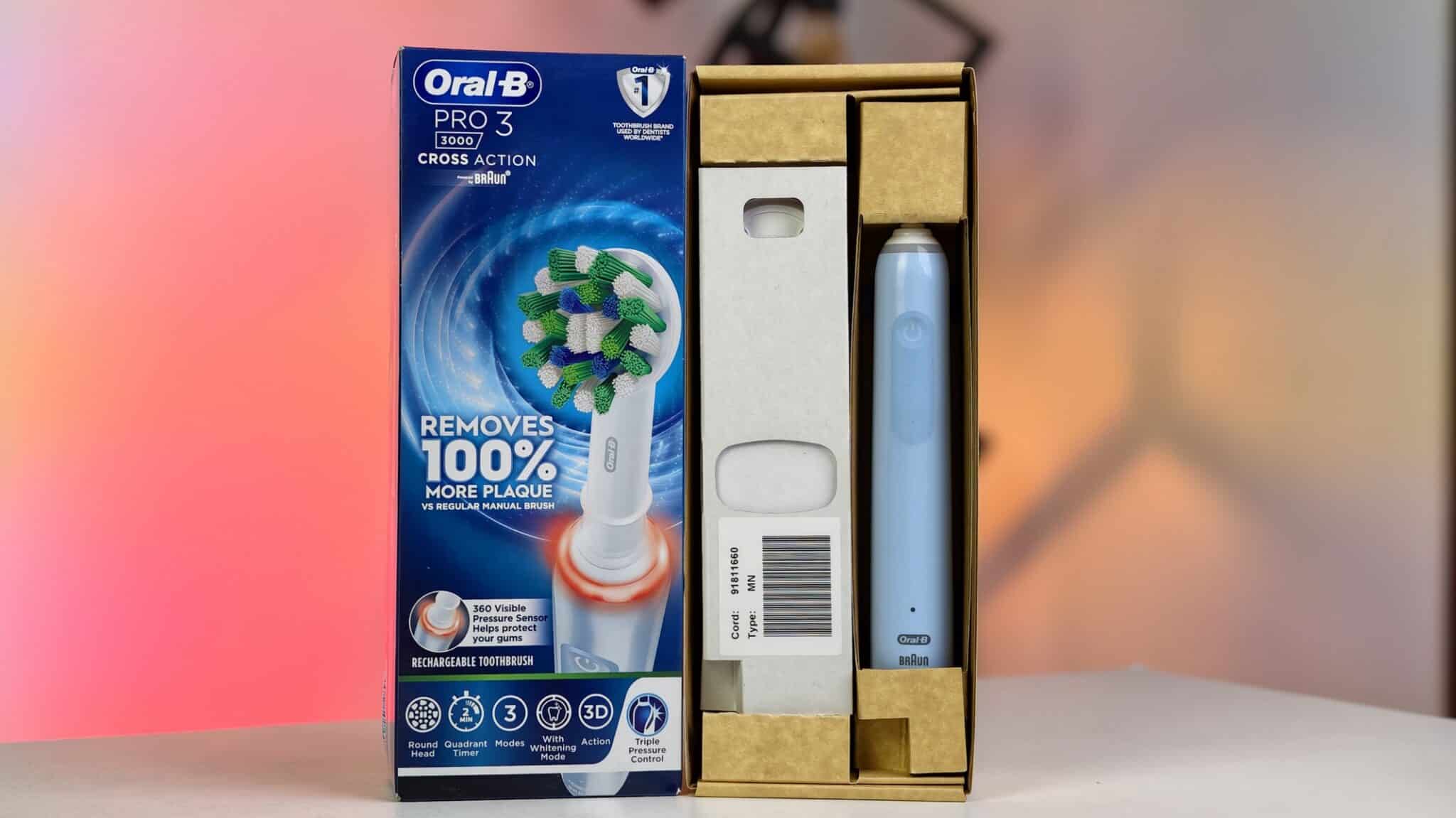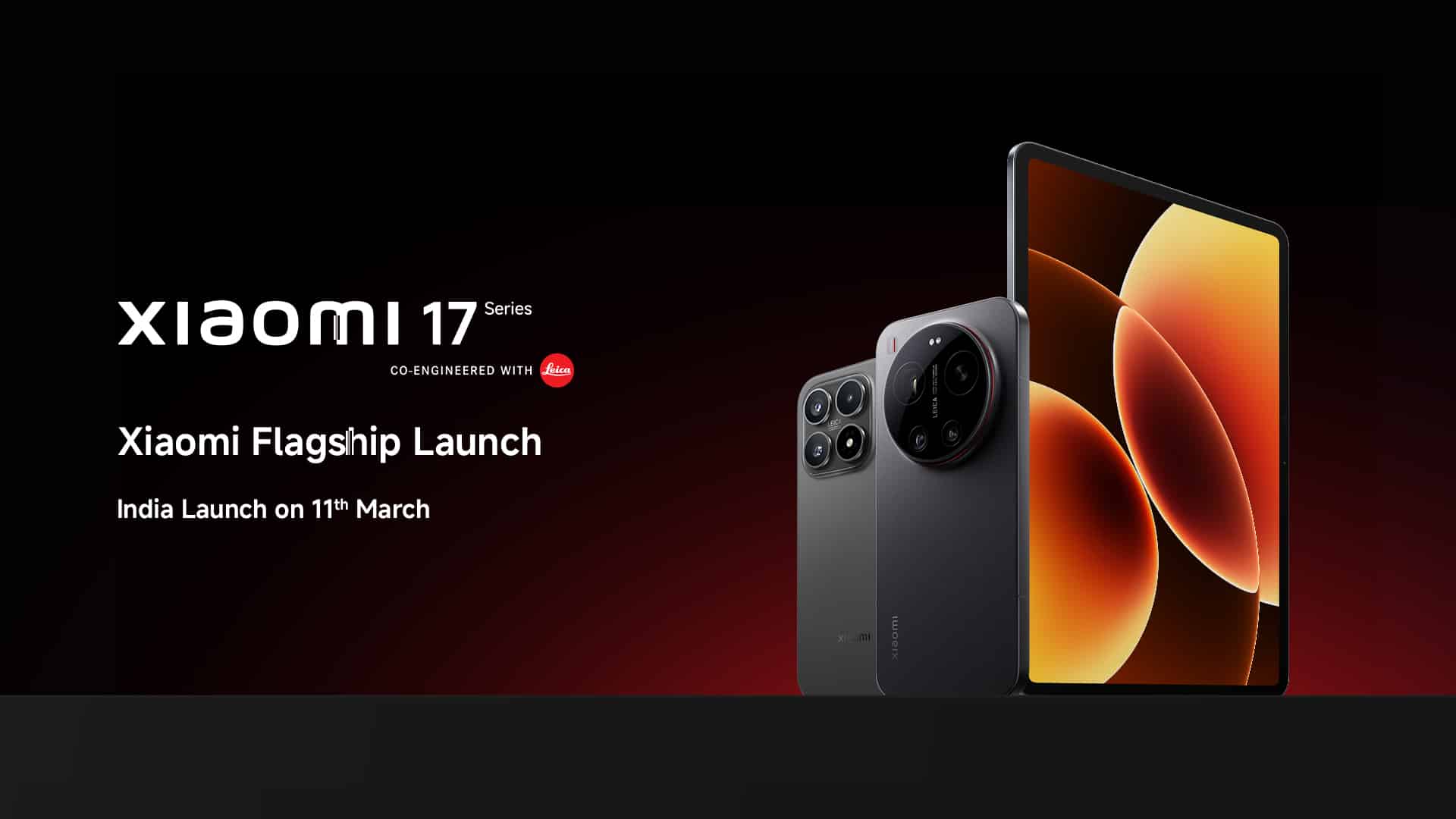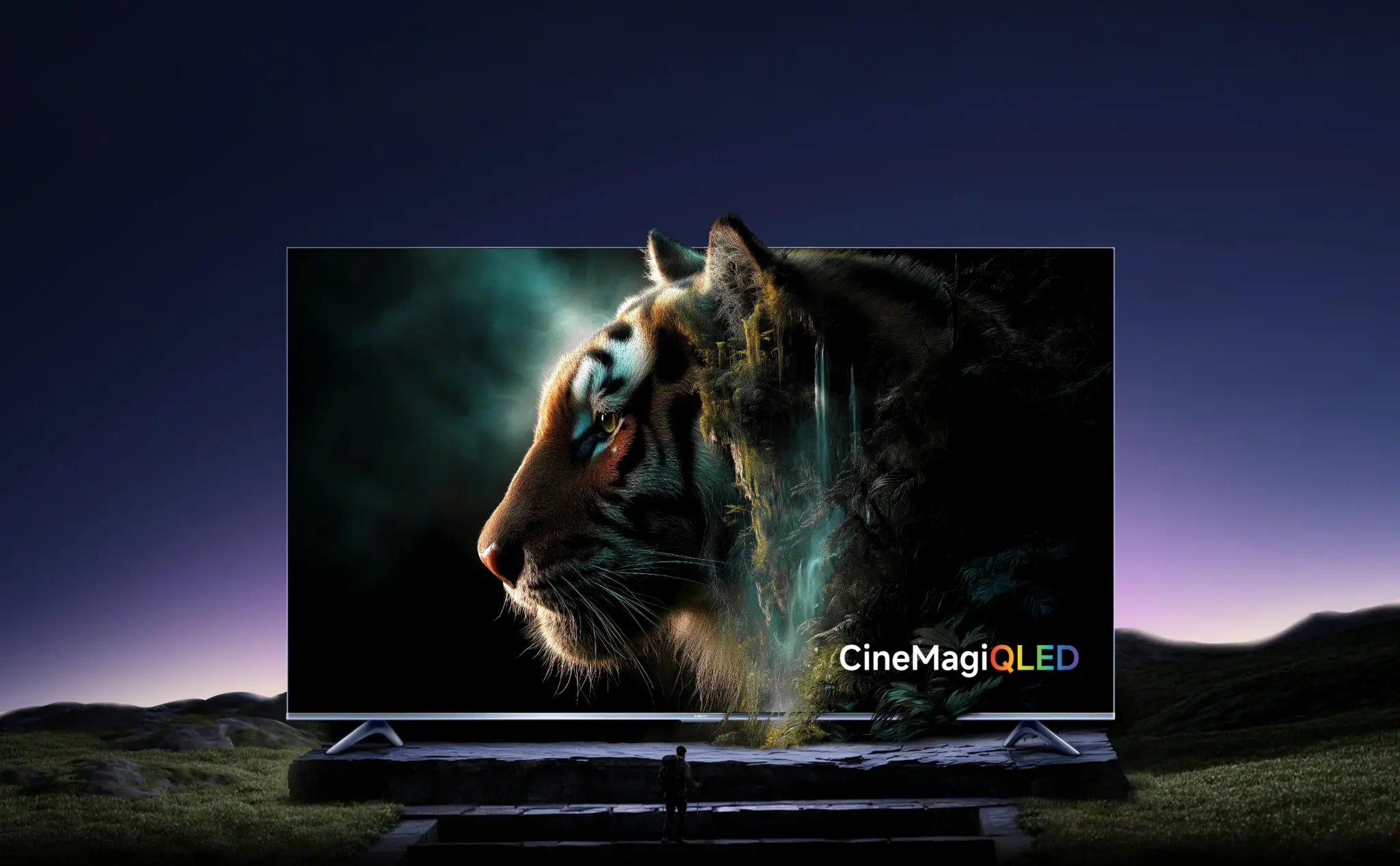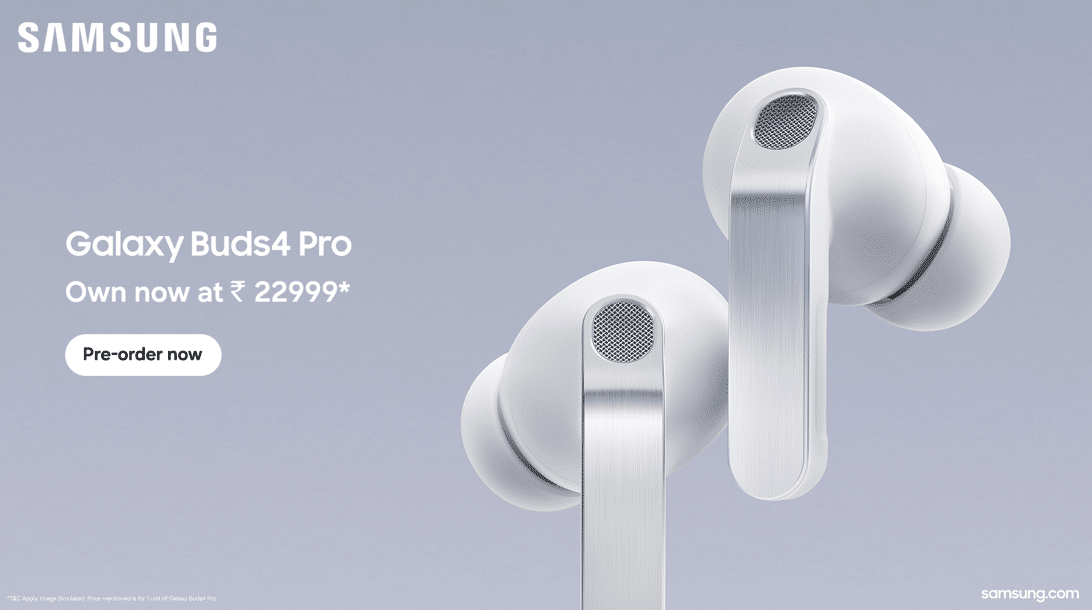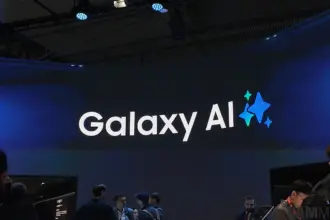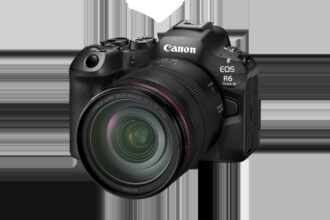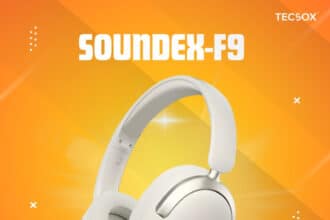For the past three years, I’ve been running Windows 11 on PCs that officially don’t meet Microsoft’s minimum system requirements. Why? Well, curiosity, mostly. I wanted to see if the strict hardware limitations were truly necessary and explore the real-world implications of ignoring them. This article dives into my experiences, the challenges I faced, and the surprising lessons I learned along the way.
The Setup: My “unsupported” guinea pigs included an older desktop with an Intel 7th generation Core i5 processor and a laptop with a first-generation Ryzen 5 CPU. Both lacked a Trusted Platform Module (TPM) 2.0 chip, a key requirement for Windows 11. I used a readily available script to bypass the installation restrictions and successfully installed Windows 11 on both machines.
Early Days: Smooth Sailing and Surprising Performance
Initially, I was pleasantly surprised. Both PCs ran Windows 11 without any major hiccups. Everyday tasks like web browsing, document editing, and media consumption felt smooth and responsive. In some cases, I even noticed a slight performance improvement over Windows 10, particularly in boot times and application loading. This early success fueled my curiosity and encouraged me to continue the experiment.
The Challenges: When Things Started to Get Rocky
While the initial experience was positive, I did encounter some challenges over time:
- Occasional Instability: I experienced a few random system crashes and blue screens of death, particularly during resource-intensive tasks like gaming or video editing. These incidents, while infrequent, were a reminder that I was operating outside of Microsoft’s supported environment.
- Driver Issues: Finding compatible drivers for some older hardware components proved to be a hassle. In one instance, my laptop’s Wi-Fi adapter stopped working after a Windows update, forcing me to manually search for a compatible driver.
- Feature Limitations: Certain Windows 11 features, such as DirectStorage and some security features tied to TPM 2.0, were unavailable or didn’t function optimally.
- The Update Anxiety: Every major Windows update brought a sense of apprehension. Would this be the update that finally “bricked” my machines? While I never encountered a catastrophic update failure, the uncertainty was always present.
The Lessons:
- Hardware Requirements Aren’t Always Set in Stone: My experience suggests that Microsoft’s Windows 11 hardware requirements, while designed with good intentions (mainly security), may be overly restrictive in some cases. Many older PCs are perfectly capable of running Windows 11 smoothly.
- The Importance of Backups: Running an unsupported operating system reinforces the critical importance of regular backups. I religiously backed up my data throughout the experiment, knowing that a system crash could lead to data loss.
- The Value of Community: Online forums and communities were invaluable resources for troubleshooting issues and finding solutions to problems specific to running Windows 11 on unsupported hardware.
- The Trade-off Between Risk and Reward: Running an unsupported OS involves a certain level of risk. It’s crucial to weigh these risks against the potential benefits before taking the plunge.
Final Thoughts:
My three-year experiment with Windows 11 on unsupported PCs was a fascinating journey. It provided valuable insights into the operating system’s capabilities and the real-world implications of pushing the boundaries of hardware compatibility. While I wouldn’t necessarily recommend this approach for everyone, it’s clear that Windows 11 can function surprisingly well on older hardware.



